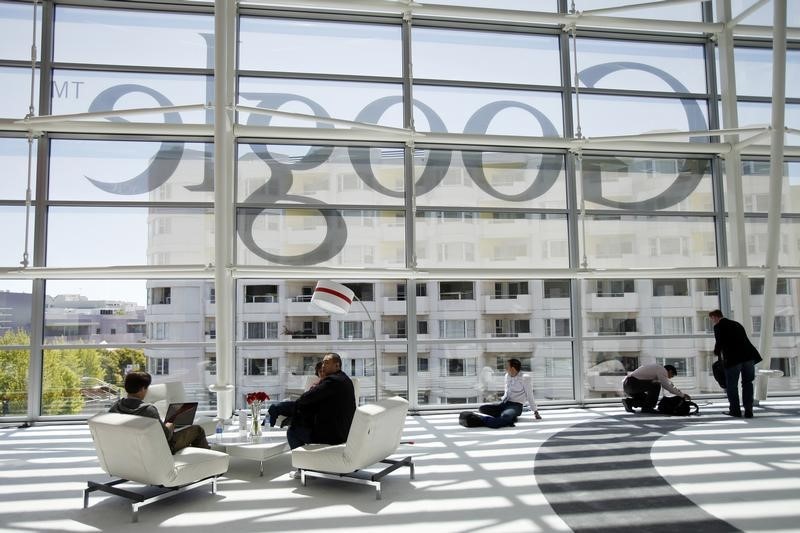This post was originally published on this site
https://i-invdn-com.investing.com/trkd-images/LYNXMPEJ3J0DX_L.jpg
(Reuters) – Wall Street’s main indexes fell on Thursday as disappointing results from Tesla (NASDAQ:TSLA), AT&T and some regional banks dented investor sentiment already soured by prospects of further U.S. interest rate hikes.
U.S. stock indexes have remained steady this week as mixed earnings from U.S. banks allayed contagion concerns related to the banking crisis in March, but rapidly rising rates and recession worries have dimmed lenders’ outlook.
Tesla Inc tanked 7% to touch its lowest in more than a month after its first-quarter gross margin missed expectations on aggressive price cuts for its vehicles and as CEO Elon Musk puts sales growth ahead of profit.
“Tesla is and has been struggling. They’ve been cutting prices pretty regularly and that’s not something that you do if the market is strong for your product,” said Paul Nolte, market strategist at Murphy & Sylvest Wealth Management.
Losses in Tesla, coupled with weakness in carmakers Ford Motor (NYSE:F) Co and General Motors Co (NYSE:GM) led to a 1% drop in consumer discretionary stocks.
Utilities, a defensive sector, was the only gainer in an otherwise broad-based decline.
AT&T Inc (NYSE:T) slid 7.1% as the wireless carrier missed estimates for first-quarter revenue.
American Express Co (NYSE:AXP), down 5.2% on missing first-quarter earnings expectations, was the biggest drag on the Dow.
Traders are reassessing the path for interest rates after data indicated that a slowdown in the U.S. economy was not enough to push the Federal Reserve to start cutting rates as early as this year. Comments from Fed policymakers this week have also supported bets on further policy tightening.
The Fed will deliver a final 25-basis-point rate hike in May and then hold rates steady for the rest of the year, according to economists in a Reuters poll, which also showed a likely short and shallow recession in 2023.
Data showed the number of Americans filing new claims for unemployment benefits increased moderately last week, suggesting that the labor market was gradually slowing, while another set of numbers showed business activity in the U.S. Mid-Atlantic region slumped more than expected in April.
“The market is anticipating anywhere between 50 and 100 basis points cut by the end of the year, they are expecting something that the Fed is not talking about at this point,” added Nolte.
Adding to worries, the cost of insuring exposure to U.S. sovereign debt rose to the highest level since 2011, over market jitters that the government could hit its debt ceiling sooner than expected.
At 9:42 a.m. ET, the Dow Jones Industrial Average was down 147.56 points, or 0.44%, at 33,749.45, the S&P 500 was down 22.82 points, or 0.55%, at 4,131.70, and the Nasdaq Composite was down 75.39 points, or 0.62%, at 12,081.84.
IBM (NYSE:IBM) Corp gained 1.6% after the software company beat estimates for first-quarter profit.
Among regional banks, Zions Bancorp, Truist Financial (NYSE:TFC) Corp and KeyCorp (NYSE:KEY) dropped between 2.2% and 5.5% after their quarterly profits missed estimates.
Declining issues outnumbered advancers by a 2.77-to-1 ratio on the NYSE and a 2.50-to-1 ratio on the Nasdaq.
The S&P index recorded 10 new 52-week highs and three new lows, while the Nasdaq recorded 18 new highs and 48 new lows.

